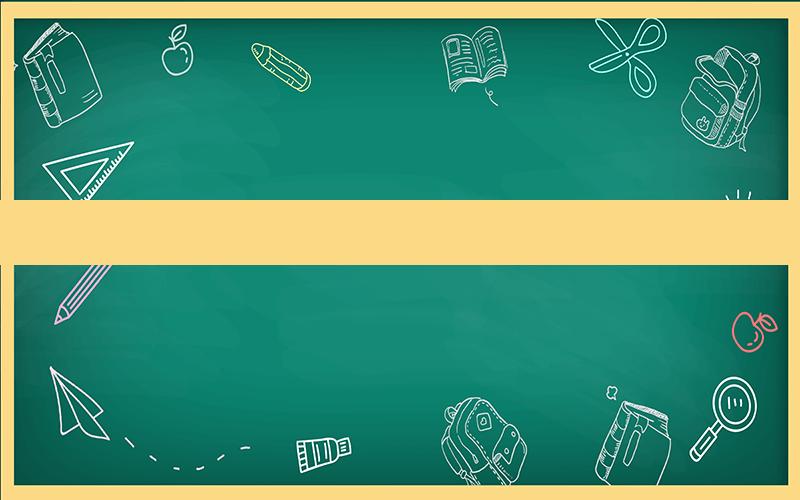
How to Block Myself from Online Gambling
Table of Contents
1. Understanding the Dangers of Online Gambling
2. Recognizing the Signs of Problem Gambling
3. Setting Realistic Goals and Boundaries
4. Utilizing Self-Exclusion Tools
5. Seeking Professional Help
6. Finding Support from Family and Friends
7. Engaging in Healthy Alternatives
8. Developing Financial Literacy
9. Using Technology to Monitor and Block Access
10. Staying Informed About Responsible Gambling
1. Understanding the Dangers of Online Gambling
Online gambling has become increasingly popular in recent years, offering convenience and a wide range of games. However, it also comes with its own set of risks and dangers. It is crucial to understand these risks in order to take the necessary steps to block yourself from online gambling.
2. Recognizing the Signs of Problem Gambling
Identifying the signs of problem gambling is the first step in taking control of your online gambling habits. Common signs include:
- Spending more time and money on gambling than intended
- Feeling restless or irritable when not gambling
- Using gambling as a way to escape problems or negative emotions
- Borrowing money or selling possessions to fund gambling activities
- Lying to family, friends, or therapists about gambling
3. Setting Realistic Goals and Boundaries
Setting realistic goals and boundaries is essential in preventing yourself from engaging in online gambling. Consider the following:
- Establish a budget for gambling activities and stick to it
- Limit the amount of time spent on gambling websites
- Avoid gambling during stressful or emotional situations
- Seek support from friends, family, or professionals to hold you accountable
4. Utilizing Self-Exclusion Tools
Many online gambling platforms offer self-exclusion tools that allow you to block your access to their websites. Here's how to utilize these tools:
- Find the self-exclusion section on your preferred gambling platform
- Follow the instructions to block your access for a specific period of time or permanently
- Consider seeking assistance from a professional to help you through the process
5. Seeking Professional Help
If you find that you are unable to control your online gambling habits, it may be time to seek professional help. Here are some options:
- Therapists specializing in gambling addiction
- Support groups for individuals struggling with problem gambling
- Addiction treatment centers
6. Finding Support from Family and Friends
Family and friends can play a crucial role in supporting you in your journey to overcome online gambling addiction. Consider the following:
- Openly communicate your concerns and seek their support
- Encourage them to learn about problem gambling and its effects
- Ask for their help in holding you accountable to your goals and boundaries
7. Engaging in Healthy Alternatives
Finding healthy alternatives to online gambling can help fill the void and reduce the temptation to gamble. Consider the following activities:
- Exercise and physical activity
- Hobbies and interests
- Socializing with friends and family
- Volunteer work or community service
8. Developing Financial Literacy
Understanding and managing your finances is an important aspect of preventing problem gambling. Here are some tips:
- Create a budget and stick to it
- Avoid using credit cards or borrowing money to fund gambling activities
- Learn about responsible financial management and seek guidance if needed
9. Using Technology to Monitor and Block Access
There are various technologies available to help you monitor and block access to online gambling websites. Consider the following options:
- Parental control software
- Ad-blocking tools
- Browser extensions specifically designed to block gambling websites
10. Staying Informed About Responsible Gambling
Keeping yourself informed about responsible gambling practices is crucial in maintaining control over your online gambling habits. Here are some resources:
- Gamblers Anonymous
- Gamblers Help
- Responsible Gambling Council
Questions and Answers
1. Q: How can I recognize the signs of problem gambling?
A: Signs include spending more time and money on gambling, feeling restless or irritable when not gambling, using gambling as a way to escape problems, and lying about gambling activities.
2. Q: What are some healthy alternatives to online gambling?
A: Healthy alternatives include exercise, hobbies, socializing, and volunteer work.
3. Q: How can I set realistic goals and boundaries for myself?
A: Set a budget, limit the time spent on gambling websites, and seek support from friends or family to hold you accountable.
4. Q: Can I seek professional help for problem gambling?
A: Yes, therapists specializing in gambling addiction, support groups, and addiction treatment centers are available to provide assistance.
5. Q: What is the purpose of self-exclusion tools?
A: Self-exclusion tools allow you to block access to online gambling websites, helping you maintain control over your gambling habits.
6. Q: How can I develop financial literacy to prevent problem gambling?
A: Create a budget, avoid using credit cards or borrowing money for gambling, and learn about responsible financial management.
7. Q: Are there any technologies available to block access to online gambling websites?
A: Yes, parental control software, ad-blocking tools, and browser extensions designed to block gambling websites are available.
8. Q: Can family and friends support me in overcoming problem gambling?
A: Yes, family and friends can provide emotional support, hold you accountable, and help you maintain your goals and boundaries.
9. Q: How can I stay informed about responsible gambling?
A: Resources such as Gamblers Anonymous, Gamblers Help, and the Responsible Gambling Council can provide information and support.
10. Q: Can I seek support from professionals to help me through the self-exclusion process?
A: Yes, professionals can assist you in understanding and utilizing self-exclusion tools effectively.